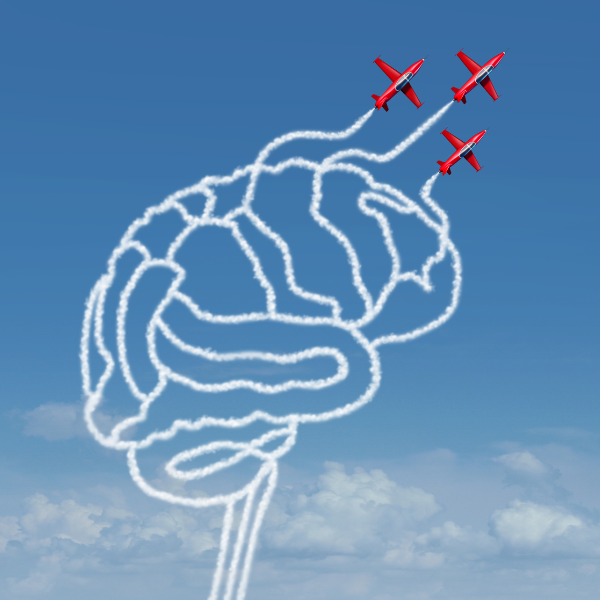
Timely debriefing is essential after a critical incident as part of a worker's recovery from its psychological impact. In addition, our facilitators use a combination of psychodynamic and trauma informed frameworks to assist helping professionals to:
Depending on circumstance and need, debriefing may be conducted individually or in groups.

During secondary consultation, our senior clinicians will draw on extensive practice experience and theoretical knowledge to assist care teams to make sense of a specific case or situation and provide brief formulations and strategies. Secondary consultations allow the input of a specialist through a trauma lens and usually end with a number of agreed actions and suggested practice. A follow up session will check on the outcome following implementation of recommendations. Minimum 1.5 hour session.

Each session is structured to accommodate a framework of evidence-based theory that underpins, as summarised above, the mitigation of vicarious trauma and facilitation of insight, team cohesion, and retention for application of training principles in the workplace. Sessions are open, do not place pressure on members to speak except at the beginning 'checking in' stage, and are contained and guided by the facilitator who offers their own reflections through a theoretical lens.
Reflective practice and clinical consultation sessions are focussed on the young people under the care or case management of the team and also provides the theoretical underpinnings of trauma informed care, and understanding of developmental trauma and how it impacts on behavioural presentation.
The group session serves as an interactive secondary consultation as well as ongoing embedding of the practice approach and tailored model of intervention. These regular sessions enable the formulation of approaches and strategies, to evaluate and modify approaches as needed and ensure that therapeutic progress is being achieved through the care plan design and approaches of carers and stakeholders.
Copyright © 2023 - All Rights Reserved - knightlamp.com